Aug 12, 2025
What is Anti-Aging?
Anti-aging is a broad and multifaceted term that encompasses the scientific, medical,
cosmetic, and lifestyle efforts to slow, prevent, or even reverse the effects of aging in the
human body. Far from being a mere buzzword, "anti-aging" has become a major area of
research, commerce, and personal aspiration. From the search for eternal youth in ancient legends to today’s advanced biotechnology, humanity’s fascination with
counteracting the passage of time is enduring and complex.
What is Aging?
Aging is a natural, biological process characterized by a gradual decline in physical
and sometimes mental function, increased susceptibility to diseases, and diminished
regenerative capacity. It is a universal phenomenon. (affecting all living organisms).
On a cellular level, aging involves the accumulation of damage to DNA, proteins, and
other cellular structures. Over time, this damage impairs the function of cells, tissues,
and organs. While the visible signs of aging (wrinkles, gray hair, decreased stamina)
are widely recognized, deeper processes—like the shortening of telomeres, increased
oxidative stress, and chronic inflammation—are key drivers behind the scenes
What Is Anti-Aging?
At its core, anti-aging refers to strategies, interventions, and products that aim to slow,
stop, or reverse aspects of the aging process. These can be categorized into several
broad groups:
• Preventive measures: Approaches like healthy eating, exercise, and sun protection
that delay the onset of aging signs.
• Medical interventions: Hormone therapies, supplements, and emerging genetic
approaches designed to target biological mechanisms of aging.
• Cosmetic solutions: Skincare products, minimally invasive procedures, and
surgeries to reduce the visible signs of aging.
• Lifestyle choices: Habits and practices that promote longevity and well-being,
such as stress management, social engagement, and adequate sleep.
Anti-Aging Lifestyle
A growing body of evidence suggests that certain lifestyle choices can meaningfully
impact how we age. These include:
• Nutrition: Diets rich in fruits, vegetables, whole grains, and healthy fats provide
antioxidants that combat oxidative stress. Caloric restriction has also been linked to
increased lifespan in animal studies.
• Exercise: Regular physical activity maintains muscle mass, prevents chronic
diseases, and supports cognitive function.
• Sleep: Quality sleep is essential for cellular repair and immune function.
• Stress management: Chronic stress accelerates biological aging; practices like
meditation and mindfulness can help mitigate this.
• Social connections: Maintaining relationships and community engagement is
linked to longer, healthier lives.
Anti-aging is not about denying the passage of time, but about optimizing health,
vitality, and well-being throughout the lifespan. While the dream of eternal youth is
likely to remain elusive, embracing the science of aging and making informed choices
can help us age with grace, dignity, and resilience. Ultimately, the quest for anti-aging
is as much about living fully as it is about living long
If you would like to learn more about how to increase your chronological age while decreasing your biological age, make sure you come to our Forever Young Dinner on August 19th!
Dr. Mark

